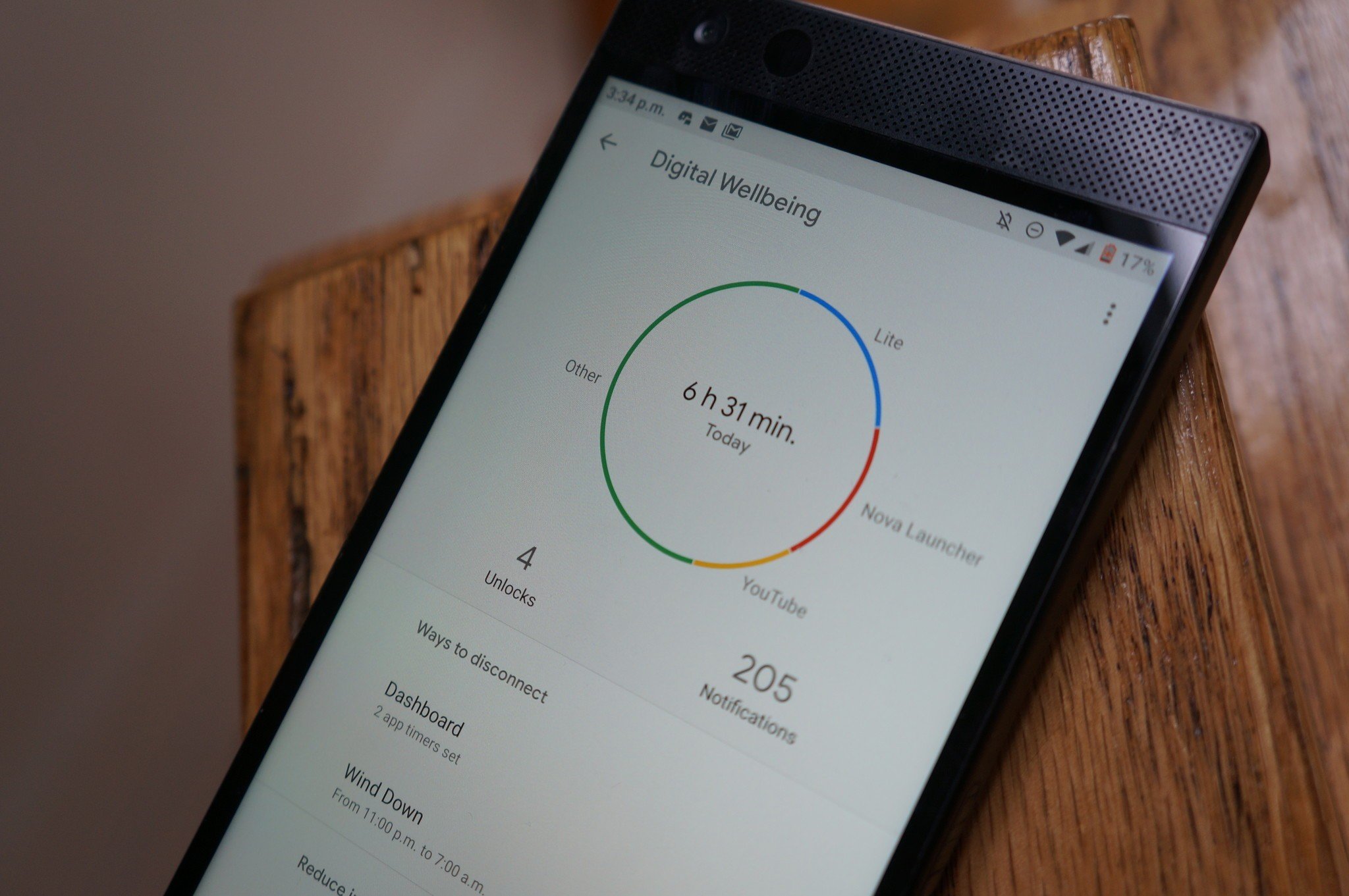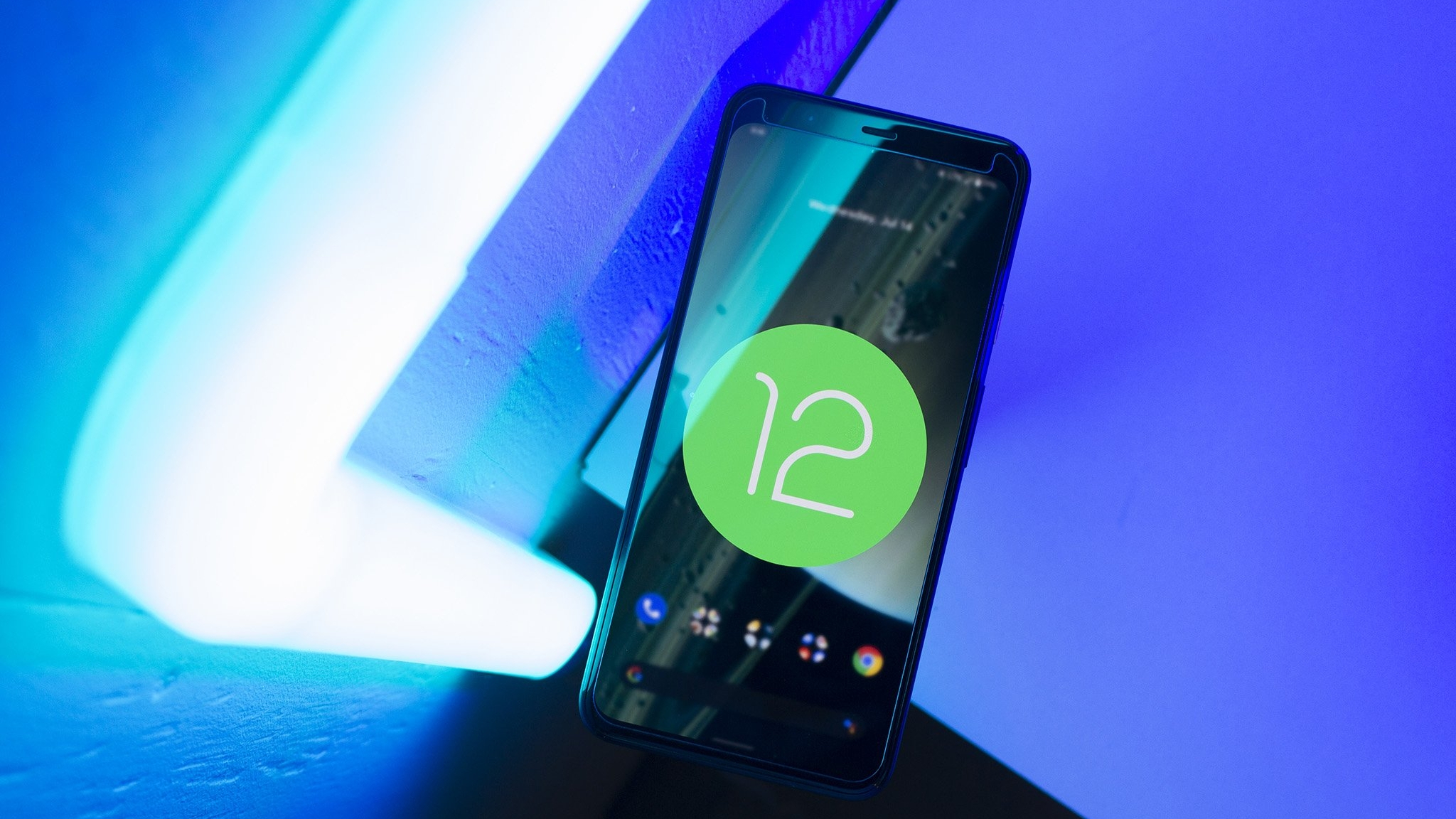I've been using the Razer Phone 2 as my daily phone since November 2018, which has allowed me to thoroughly test what a gaming smartphone offers for daily use. During my time with the Razer Phone 2, Razer has updated the software to Android 9 (while ignoring the first Razer Phone entirely) and has also slashed the price down to $500.
Both things are pretty great news if you're looking to buy a new phone in 2019. Now running on the latest version of Android with a brand new price tag, the Razer Phone 2 is worthy of a revisit review.
Pros:
- Top specs still providing best gaming experience
- 120Hz display will blow your mind
- Android Pie brings great optimization and gesture controls
- Design has proven to be rugged and reliable
Cons:
- Camera still struggles with reliability
- Still miss the headphone jack
- Wireless charging is sloooow
The Good Gesture-based navigation and Digital Wellbeing
I won't dive into the technical specs of this phone since those thoughts were all covered in my initial review, but I will focus on the features and upgrades to the user experience that Android Pie has brought to the table.
The biggest change is the addition of the gesture controls. Before getting my hands on the Razer Phone 2, I had been enjoying using Android P on the Google Pixel and to be honest going back to the old style of navigation after just becoming acclimatized to gesture controls sucked. Finally getting those simplified swipe controls on the Razer Phone 2 just feels right for a phone that's just a few months old. Along with the improved navigation, I'm also a big fan of some of the other goodies Google baked into the latest version of Android, most importantly Digital Wellbeing.
The new gesture navigation and Digital Wellbeing features are welcome additions to the Razer Phone 2 user experience.
When you've got a smartphone that delivers outstanding gaming and media streaming capabilities such as the Razer Phone 2, sometimes time can slip away from you. I've stayed up way too late after getting sucked into a new game that I've really come to miss some of the subtle ways — and not-so-subtle ways — that you can use Digital Wellbeing to limit your usage of particular apps, turn off notifications when it's time for sleep, or grayscale your entire phone at a set time. It might feel like a built-in phone nanny, but it is helpful with a phone that's as hard to put down as the Razer Phone 2.
For the rest of the user experience, Razer managed to keep things pretty vanilla: outside of Nova Launcher, a Netflix widget, and a surprisingly not terrible theme store, Razer offers the Cortex app for managing your game library and Game Booster settings for optimizing battery or performance along with the Chroma app that controls the light show on the back as well as the Razer Phone 2 Wireless Charger ($100). Both the Game Booster and Chroma settings can be found in the settings menu as well, which is great because going into settings is way easier than a standalone app.
Other Android Pie features such as adaptive battery and brightness will be more noticeable over time, but are obviously welcome additions to the overall experience of using the Razer Phone 2.
The Not-So-Good Camera issues outweigh upgrades
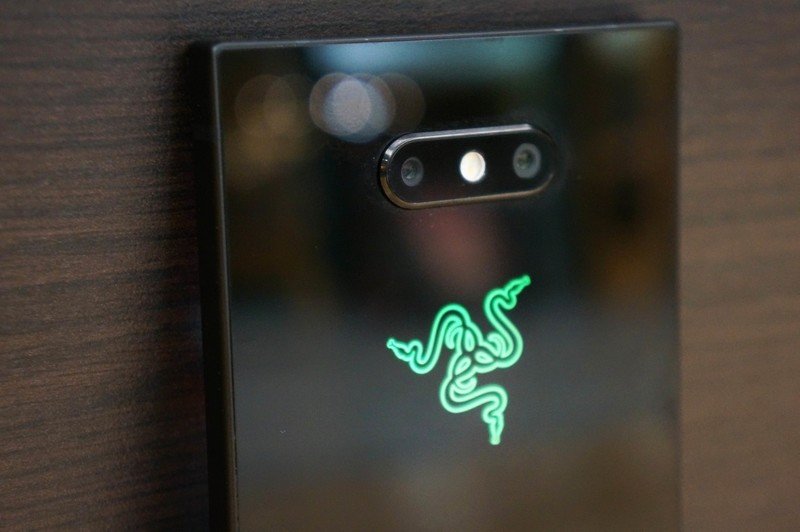
Razer has only been making smartphones for a couple of years now, but the the most glaring shortcoming for their phones has been the camera. The first Razer Phone had a camera that was functional yet uninspiring at best, and at launch it was almost embarrassingly basic. Razer managed to improve the camera experience in a future software update but only after digging themselves a pretty deep hole in the initial reviews of the phone, which rightfully pointed out how bad the camera experience was for early adopters.
The renewed focus on building out a better camera experience carried over to the launch of the Razer Phone 2. Out of the box, the Razer Phone 2's camera performance was adequate, if only because it was still overshadowed by other phones in the same price category that did more better and faster. But overall, the Razer Phone 2's camera performance was reliable and even made it out of the first round in Marques Brownlee's blind camera comparison bracket over the OnePlus 6T.
Just when it seemed like Razer was figuring out smartphone photography, software bugs emerge to ruin the experience.
Now, that test was far from scientific and as Brownlee would explain a lot of the phones that people voted through were doing some post-processing that made the photos come out brighter with more better contrast, and also the finer details from the photos are lost when uploaded to social media and also when viewed on a smartphone screen. All that said, I bring it up just to say that the Razer Phone 2's camera performance looked pretty good to the untrained eye and could past muster for most social media posting purposes.
Weirdly, the issues started occurring for me after I updated the phone to Android Pie. What was once a reliable shooter suddenly started crashing on me. The camera app would frequently freeze if not at launch then when switching over to the zoom lens or when changing the photo mode. I would estimate this happens once every 10 times I go to use my camera — not enough to declare the camera broken, but frequently enough for it to stand out.
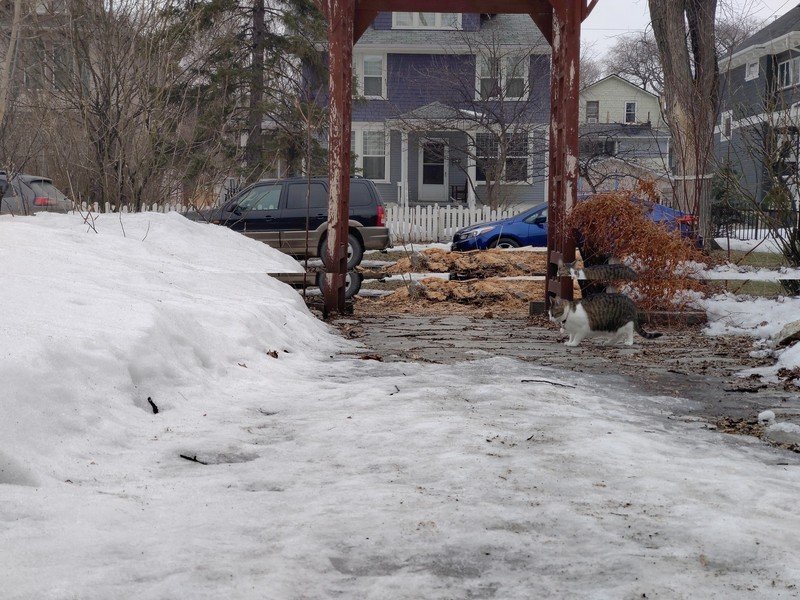
I've also experienced issues using Burst Mode where two picture files seem to be awkwardly cross-stitched together, as you can see above. This isn't so bad when I'm just casually snapping photos of my cat in my front yard, but could be a real point of frustration if you're trying to quickly capture a fleeting moment only to see the photos mangled beyond use.
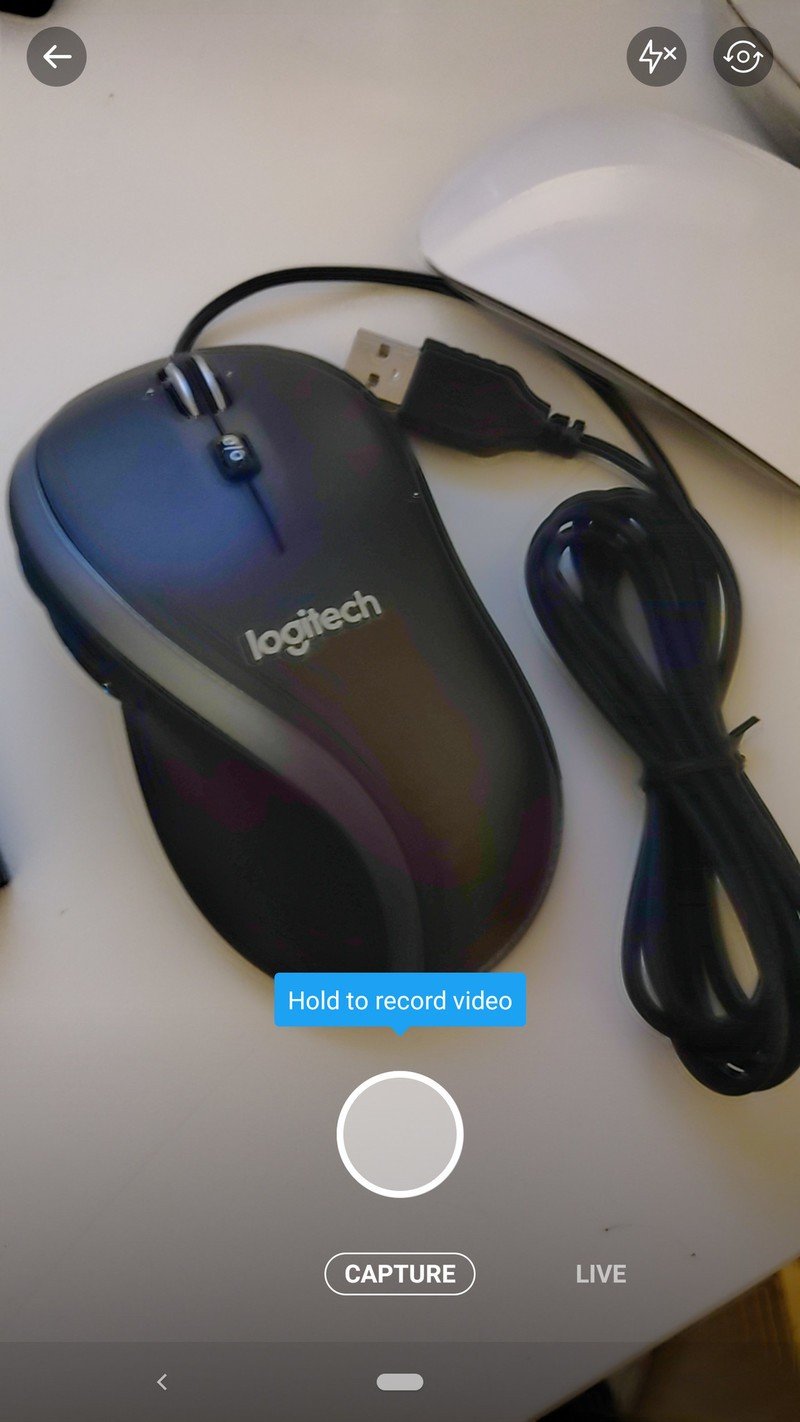
Another weird thing that I've only ever seen using the Razer Phone is some really weird trail effects I've noticed when using the camera with third-party apps such as Snapchat, Twitter, or Instagram. I've tried to capture the effect in a screenshot, but it's more apparent when you move the phone while taking photos using third-party apps, and you can see the rainbow effect a bit on the Logitech mouse. Having said that, the photos I ended up taking look fine afterwards, so that's good, but it seems like some sort of software issue acting up when apps try to access the Razer Phone 2's camera.
Beyond that, Razer has actually done a good job of adding value to the camera — the latest update added support for 4K video at 60fps which is pretty great. These other issues just really put a damper on the reliability and therefore my confidence in the photography experience as a whole. Not knowing if the camera app will let you zoom in or freeze right up, or if all your burst of photos will be saved properly is nothing you want to worry about with your smartphone camera.
I'm chalking most of it up to some fresh bugs unearthed in the new OS update, which just means that hopefully they will be addressed in a future update. Until then, the irony of the first Razer Phone's camera being saved by a software update while the sequel device appears to be headed in the opposite direction after the Pie update is not lost on me.
Razer Phone 2 on Android Pie The Bottom Line
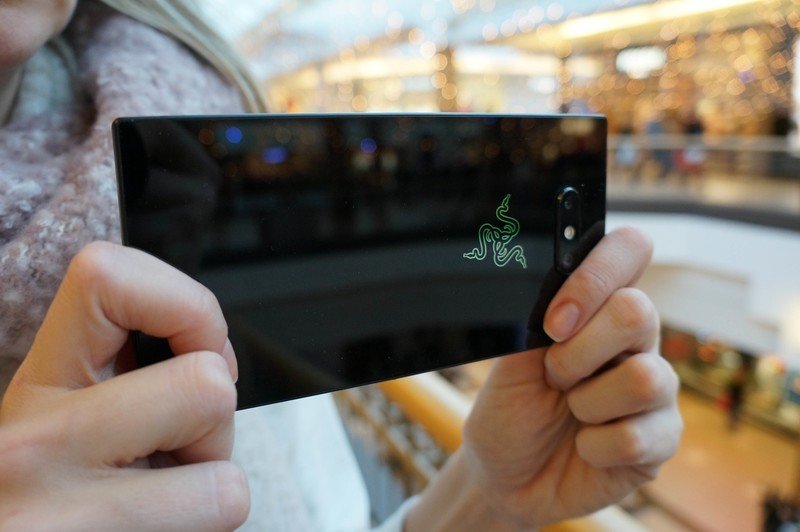
The Razer Phone 2 is still one of the coolest phones I've had the pleasure of using, and it really rocks for gaming purposes. But for all the good stuff that the Android Pie update brought to the table, it feels like two steps forward and one step back because of the camera issues.
Now at a discounted price of just $500, the Razer Phone 2 is still a phone I would recommend in spite of the camera issues — however, if you're the type who typically takes more photos with their phone than time spent gaming, it's probably best to look somewhere else. For anyone else who's interested primarily because it's a beast for gaming, you're going to love the Razer Phone 2 for all the awesomeness that Android Pie offers.
Marc Lagace was an Apps and Games Editor at Android Central between 2016 and 2020. You can reach out to him on Twitter [@spacelagace.
